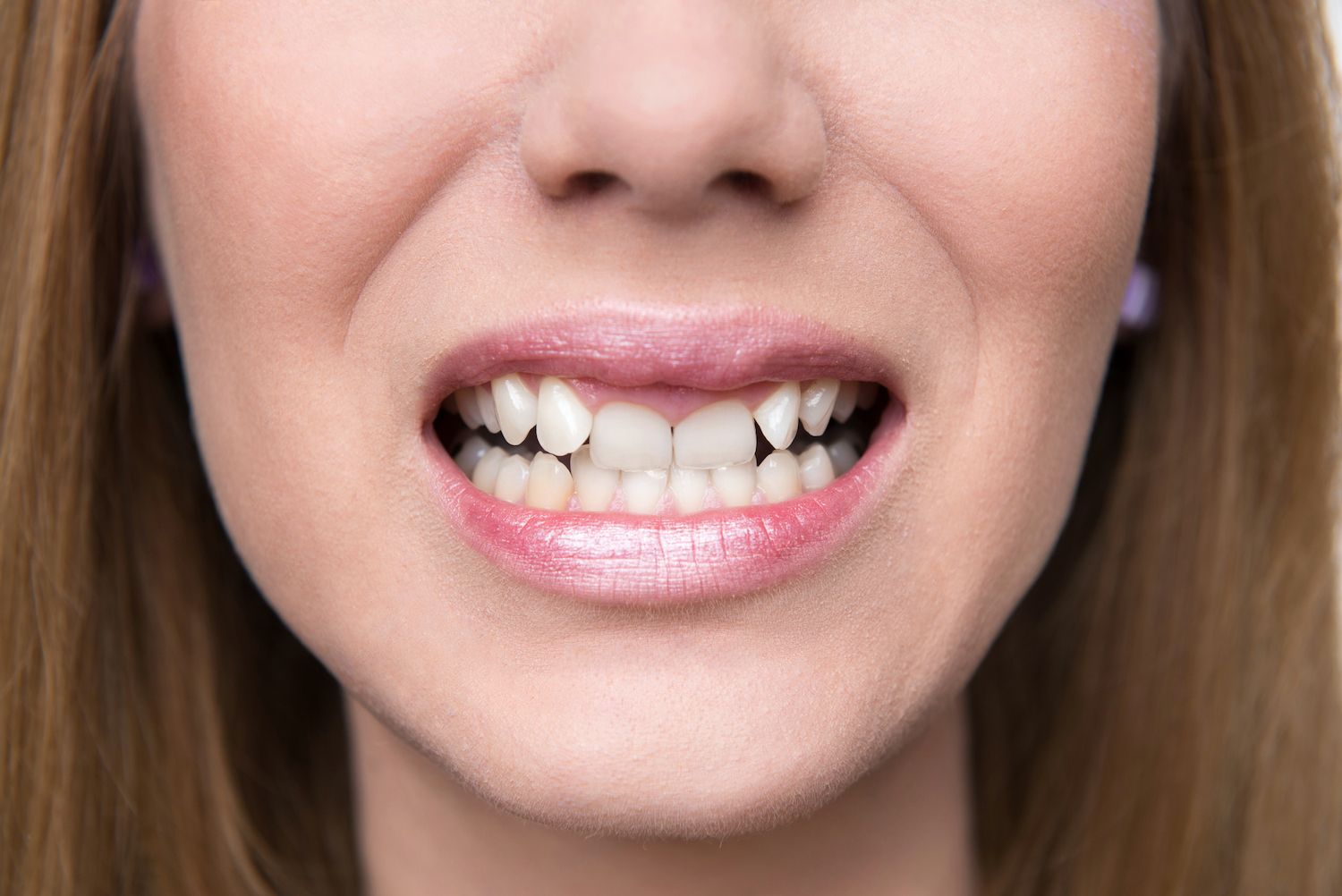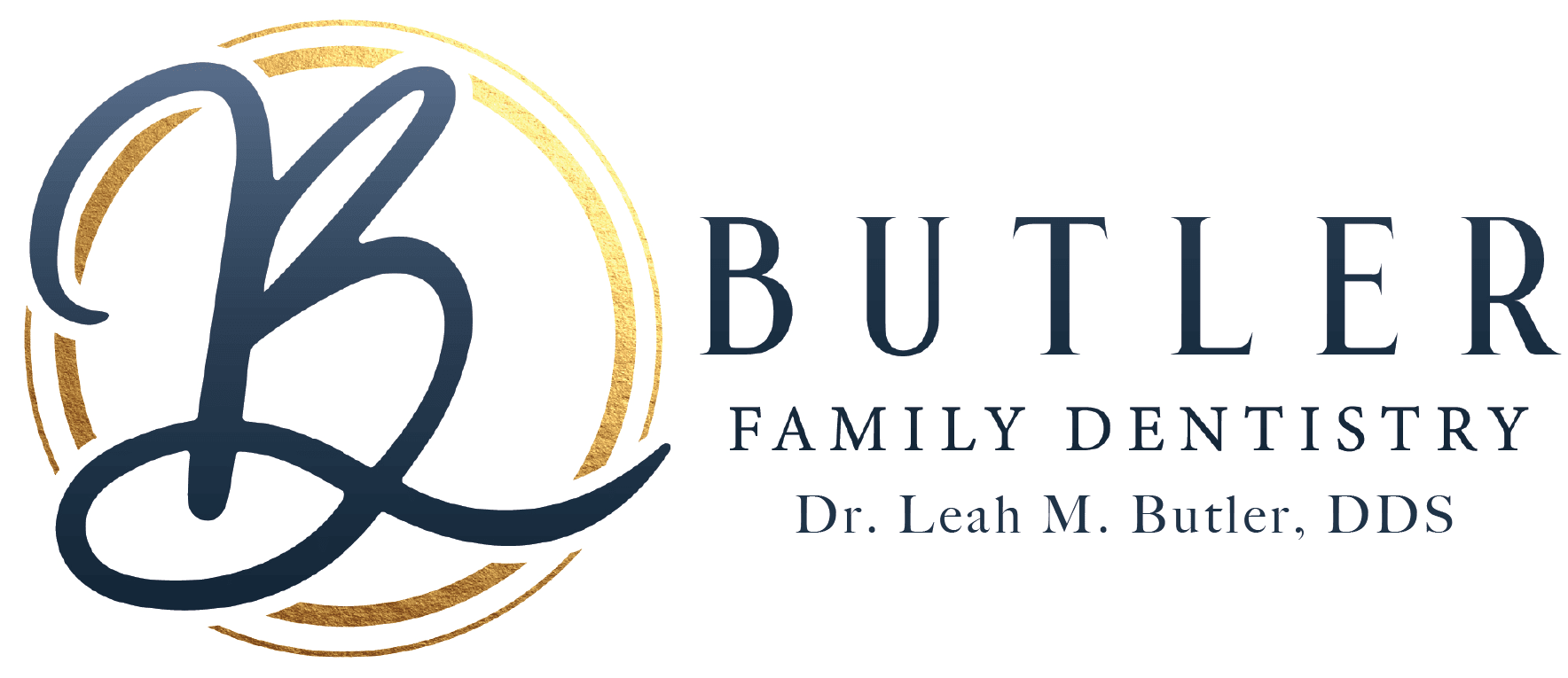Crooked teeth are incredibly common among adults and children. There are numerous causes of crooked teeth, including genetics or dental trauma. Additionally, behaviors in childhood can affect the way permanent teeth develop. For example, thumb-sucking or using a pacifier can change the way teeth erupt.
Many people choose to straighten their teeth for cosmetic reasons. However, a straight, white smile is highly desirable. Therefore, talking to your dentist will be your first step to improving your smile. They can provide you with several options depending on your bite problem, such as Invisalign aligners or traditional braces.
While it is not always necessary to straighten crooked teeth, there are some issues that can occur. Your smile is unique to you, and you shouldn’t feel pressured to alter your teeth if they aren’t causing problems. However, many of the problems associated with crooked teeth can interfere with your oral health.

Hard to Clean
If your teeth are crooked, it can be difficult to clean them properly. With your teeth aligned, brushing and flossing are simple tasks. On the other hand, crooked teeth can make it hard to clean all surfaces of your teeth. Additionally, it depends on the severity of your bite problem. You can sufficiently clean your teeth if they are mildly crooked, especially if you pay close attention. However, severely crooked teeth may cause issues.
If you cannot clean your teeth well enough, plaque will linger on their surface. Plaque is a type of harmful bacteria that resides in your mouth. If it stays on your teeth too long, it will begin to break down your enamel, leading to cavities. Additionally, plaque will build along your gum line, causing inflammation and swelling. This is the first stage of gum disease. Without treatment, tooth decay and gum disease can cause infection, tissue decay, and bone and tooth loss.
Interfere with Digestion
If they come together properly, it reduces pressure on your teeth and jaws. Crooked teeth can interrupt this process. When you chew, your teeth should meet to help grind your food. Crooked teeth can disrupt your ability to chew.
If you cannot chew your food properly, it can affect your digestion. Swallowing food before it is sufficiently broken down can delay your digestion. In addition, your body may not get all of the intended nutrients from your food.
Excess Wear and Tear
When your teeth don’t touch correctly, it can diminish the size and shape of your teeth over time. In addition, having crooked teeth or another malocclusion can increase the rate of wear and tear on your teeth. This means that your enamel will erode faster than average.
Worn enamel makes your teeth weak and susceptible to decay. People with damaged or worn enamel are more likely to develop tooth decay.
